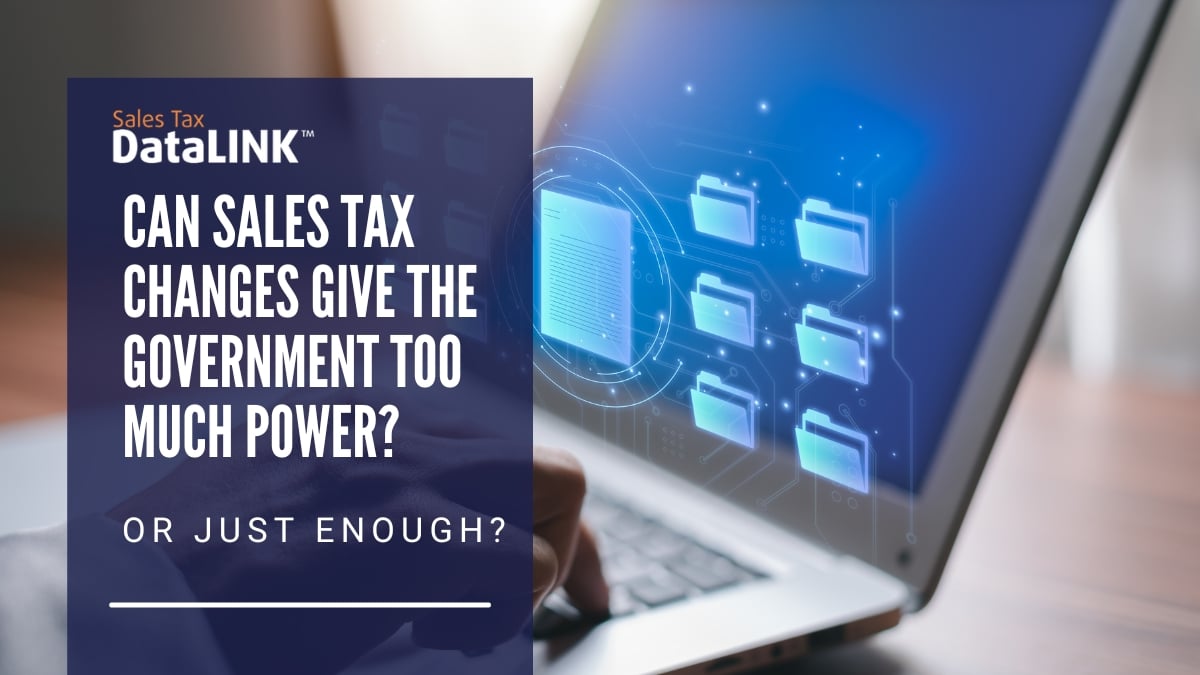Can Sales Tax Changes Give the Government Too Much Power?
Ohio collected $45 million in online sales tax this budget year, breaking all previous records. Ohio legislators aren’t satisfied, though, since the Ohio Department of Taxation estimates that they could be collecting $308 million if all Ohio e-commerce transactions were collecting sales tax.
Ohio’s fiscal 2014-2015 budget bill included a provision that would collect sales tax on all transactions between Ohio residents and out-of-state companies, but Gov. John Kasich vetoed the measure. He’s concerned that regulating interstate commerce is a federal matter. Ohio would like to see that income, though. In Ohio and elsewhere, a new argument for online sales tax is emerging: without taxes on e-commerce sales, supporters of the Marketplace Fairness Act are saying, the government gets to pick the winners in business. The argument relies on the belief that consumers will choose a seller who doesn’t have to collect sales taxes over one who does. This would mean that online sellers who don’t collect sales tax in Ohio — which is just one example — would have an advantage over brick-and-mortar sellers. The next part of the argument says that the federal government, by failing to institute a national sales tax on e-commerce, is choosing to give online sellers this advantage.
Carry that on to the conclusion: the federal government is choosing the winners in business. Hubert Joly of Best Buy, one of the most vocal proponents of this claim, says, “I don’t know that anyone believes that the government should be picking the winners in this country.” The argument seems a little weak.
Online sellers have to collect taxes wherever they have nexus, just as brick-and-mortar sellers do. Under the Marketplace Fairness Act, online merchants would have to collect sales tax on all purchases, not just those in tax jurisdictions where they have a physical presence. E-commerce activists are claiming that having to collect sales tax in thousands of jurisdictions when a brick-and-mortar shop would have to collect only in one would be an undue burden. If the federal government requires online sales taxes, the online merchants could turn the argument around and it would make just as much sense.
Since sellers with revenues under $1,000,000 would be exempt, small brick-and-mortar businesses would still be competing with small online businesses on unequal terms even if it passes. You could also point out that small e-commerce merchants don’t have to lease space and that they can keep their shops open 24/7 without hiring more workers. Or you could point out that small online businesses have the advantage of being able to attend local Rotary Club meetings. It’s hard to see the government’s hand in Mom and Pop competitions, wherever the sales take place.
The argument may really be between retail behemoths like Best Buy, which must collect sales tax in every state, and Amazon, which only collects sales tax in about half the states. Reframing the issue as a philosophical one may provide an advantage for internet sales tax proponents.




